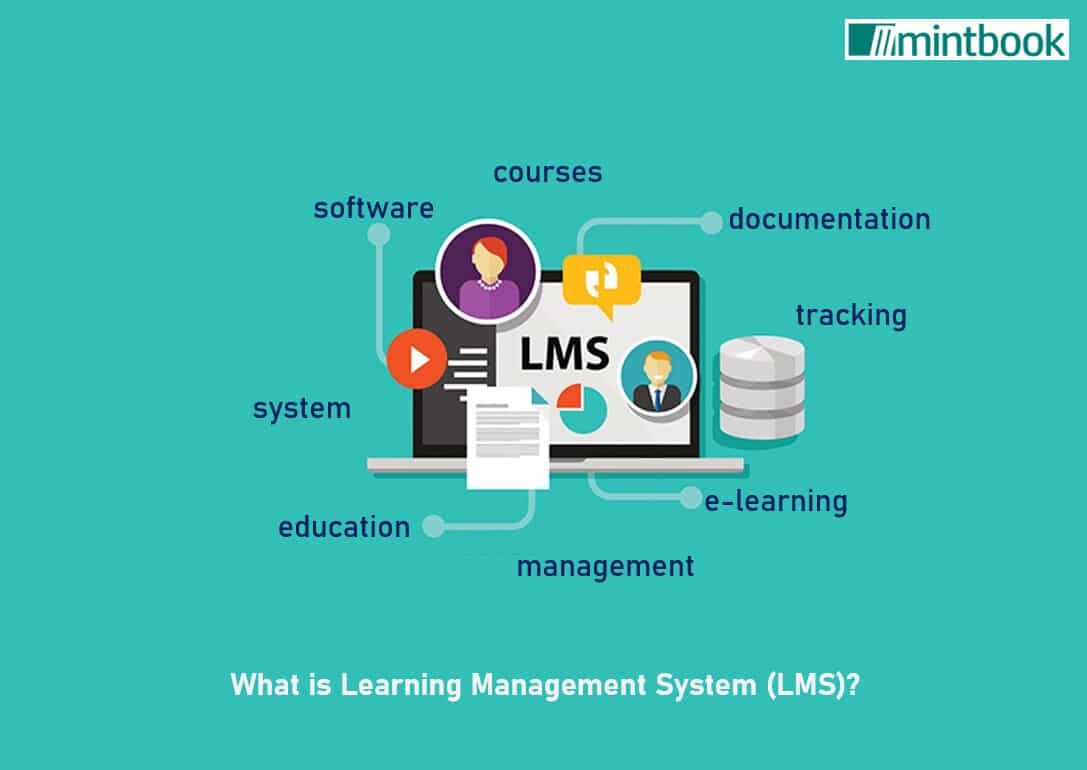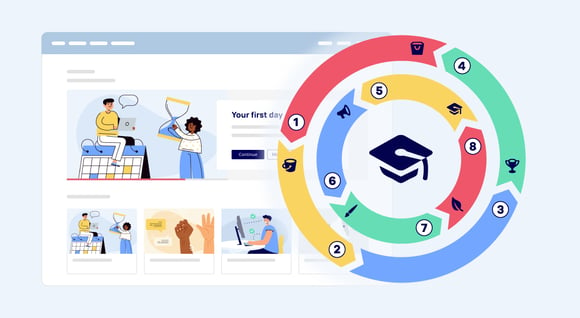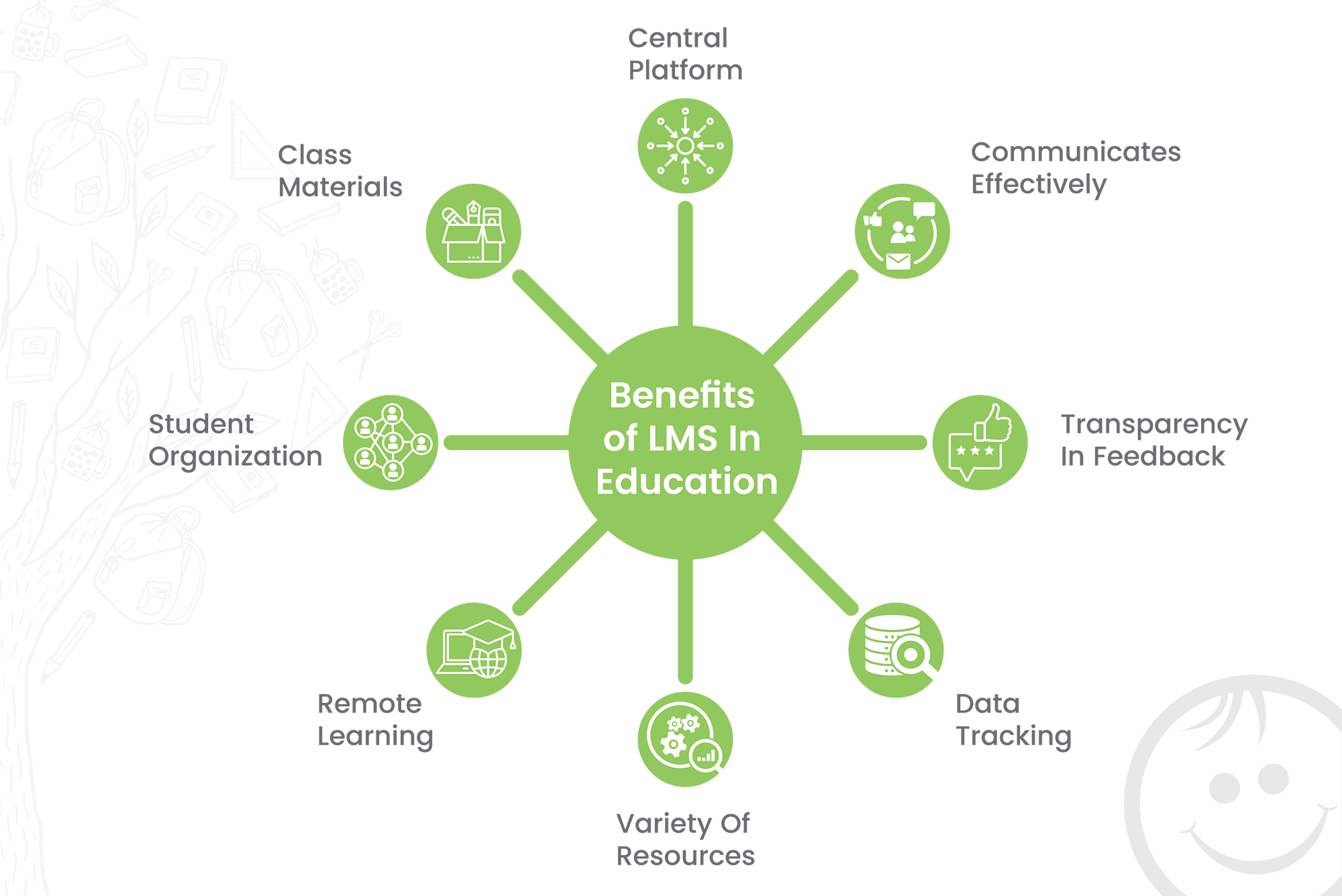Choosing the very best Learning Administration System for Your Company
Choosing the optimum Understanding Management System (LMS) for your company is a diverse choice that requires mindful consideration of various components. From specifying specific discovering purposes that reverberate with your calculated vision to evaluating user experience, each factor plays a pivotal role in the total performance of the system. Additionally, understanding integration capacities and making certain scalability for future needs can not be ignored. As organizations aim for effectiveness and growth, the selection of an LMS comes to be progressively considerable. What are the vital factors to consider that can affect your decision-making process?
Specify Your Knowing Goals
Defining clear knowing objectives is vital for the successful execution of an Understanding Monitoring System (LMS) These goals offer as a roadmap, directing the growth of web content, evaluations, and total educational strategies within the LMS. By developing certain, quantifiable, possible, appropriate, and time-bound (SMART) goals, companies can make certain that the discovering experiences are lined up with their tactical goals and learner needs.
Efficient knowing goals should envelop what learners are anticipated to understand or be able to do upon completion of a program or training program. This clearness not only help in material development however also promotes the evaluation of student progression and the overall effectiveness of the LMS. Singapore LMS. Distinct goals allow stakeholders to evaluate whether the chosen LMS capabilities and attributes line up with their educational objectives.
Assess Customer Experience
Once discovering objectives have been developed, assessing customer experience becomes an essential following step in selecting an appropriate Learning Monitoring System (LMS) Individual experience encompasses the total contentment and simplicity with which learners connect with the system. A well-designed LMS should promote user-friendly navigating, making certain that individuals can locate programs, materials, and support effortlessly.
To assess user experience, think about performing usability testing with a depictive sample of end-users. Secret variables to evaluate include the LMS's interface style, accessibility functions, mobile compatibility, and the clearness of guidelines provided.
Additionally, examine the schedule of assistance sources, such as tutorials and help centers, which can enhance the individual experience. The responsiveness of client assistance is additionally crucial; timely help can dramatically minimize aggravations that individuals may run into. Inevitably, picking an LMS that focuses on customer experience not just improves the finding out procedure but also promotes higher engagement and fulfillment among learners.

Evaluate Combination Abilities
Identifying the significance of seamless capability, evaluating assimilation capacities is essential when choosing an Understanding Monitoring System (LMS) A reliable LMS ought to promote interoperability with existing systems, such as Human Source Monitoring Equipment (HRMS), Consumer Connection Administration (CRM) platforms, and other educational devices. This assimilation improves data flow, reduces management worries, and makes certain a natural discovering atmosphere.
When evaluating an LMS, consider the sorts of assimilations used. Search For Application Programming User Interfaces (APIs), Solitary Sign-On (SSO) capabilities, and pre-built connectors that simplify combination processes. In addition, confirm the LMS's capability to incorporate with third-party devices, such as content collections or evaluation platforms, which can dramatically enhance the discovering experience.

Take Into Consideration Scalability and Adaptability
As organizations advance, the capability of a Knowing Management System (LMS) to range and adapt comes to be progressively vital. A scalable LMS can fit growth in individual numbers, course offerings, and material without compromising efficiency or customer experience. As services increase, whether with raised workers, brand-new locations, or varied training needs, the LMS ought to flawlessly grow alongside these adjustments.
Flexibility is similarly essential; an efficient LMS must support numerous learning techniques, such as online, combined, and mobile learning. you can check here This versatility permits companies to respond swiftly to arising trends in training and advancement, making certain that they can offer interesting and appropriate understanding experiences - Learning Management System Singapore. In addition, the system should offer personalized attributes, enabling organizations to tailor the LMS to their certain needs and branding
Moreover, a flexible LMS must incorporate conveniently with existing systems and tools, assisting in a natural understanding ecosystem. Thus, when selecting an LMS, it is important to examine not just its existing capacities yet additionally its possible to adjust and grow abreast with the organization's tactical goals and developing discovering requirements. This insight can substantially improve the long-lasting practicality of the chosen LMS.
Review Prices and Budgeting
When reviewing an Understanding Monitoring System (LMS), assessing expenses and budgeting is vital to make sure that the investment aligns with the organization's economic abilities and tactical objectives. Organizations should start by recognizing the overall expense of ownership, which consists of licensing charges, application hop over to these guys costs, upkeep, and any type of additional expenditures such as training and technical support.
It is essential to contrast various LMS alternatives, as pricing designs can differ considerably amongst vendors. Some systems may supply a subscription-based model, while others may bill a single fee. Organizations must also think about the scalability of the LMS; as they expand, the price structure may transform, impacting long-lasting budgeting.

Final Thought
Picking a suitable Understanding Management System (LMS) is necessary for accomplishing organizational understanding objectives. An extensive examination of customer experience, integration capabilities, scalability, get more and monetary considerations makes sure that the picked LMS straightens with strategic goals and learner needs. By systematically attending to these aspects, companies can boost finding out end results, promote smooth procedures, and support future growth. Ultimately, the best LMS works as an essential device in promoting an efficient discovering atmosphere and driving business success.
Picking the optimum Understanding Monitoring System (LMS) for your company is a diverse decision that requires careful consideration of different components.Defining clear understanding purposes is necessary for the successful application of a Discovering Management System (LMS)Once discovering purposes have actually been established, reviewing individual experience becomes an essential next action in choosing an appropriate Understanding Administration System (LMS)As companies progress, the ability of an Understanding Administration System (LMS) to range and adapt comes to be progressively vital.Choosing an appropriate Understanding Management System (LMS) is crucial for attaining organizational learning goals.